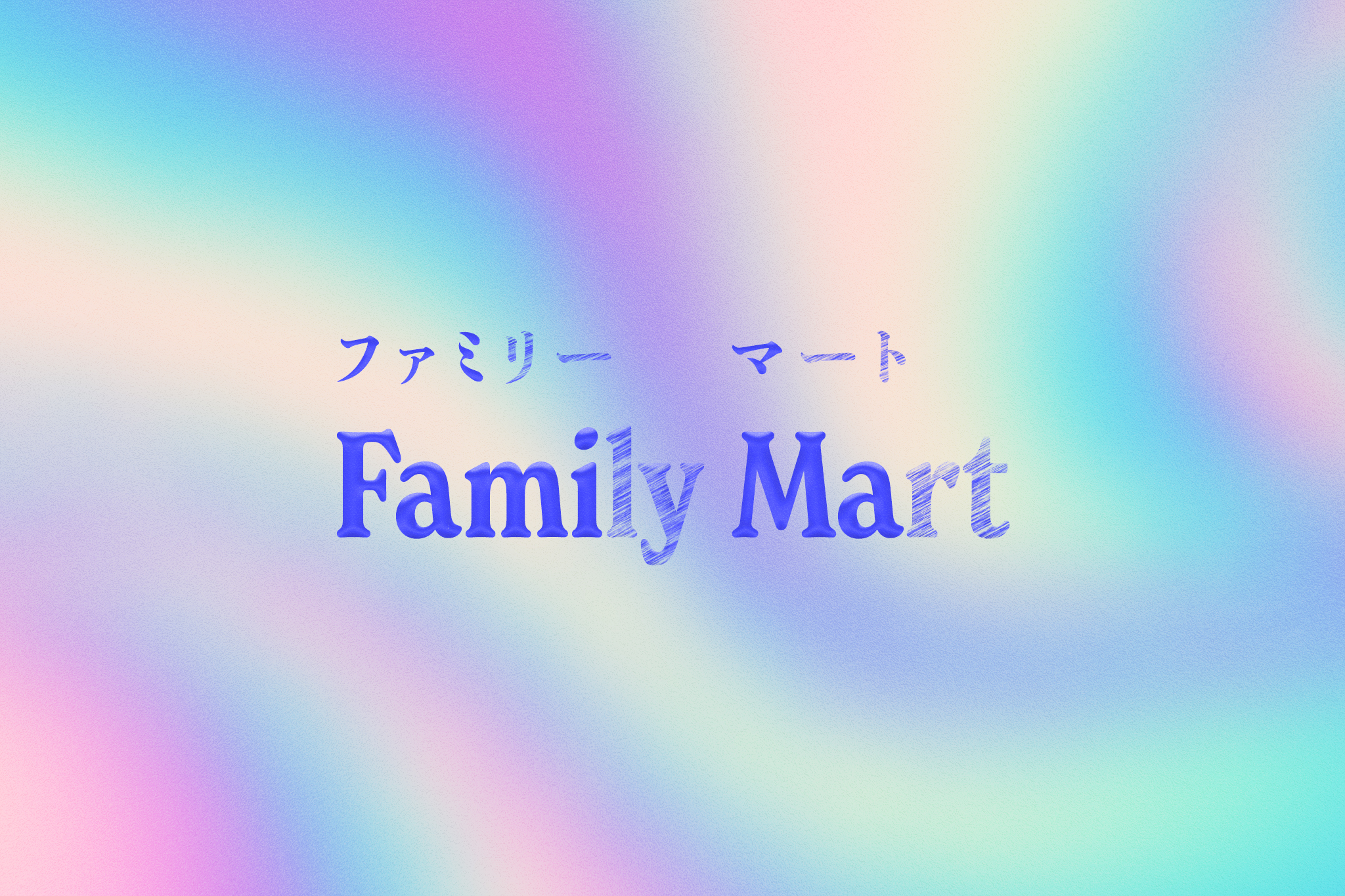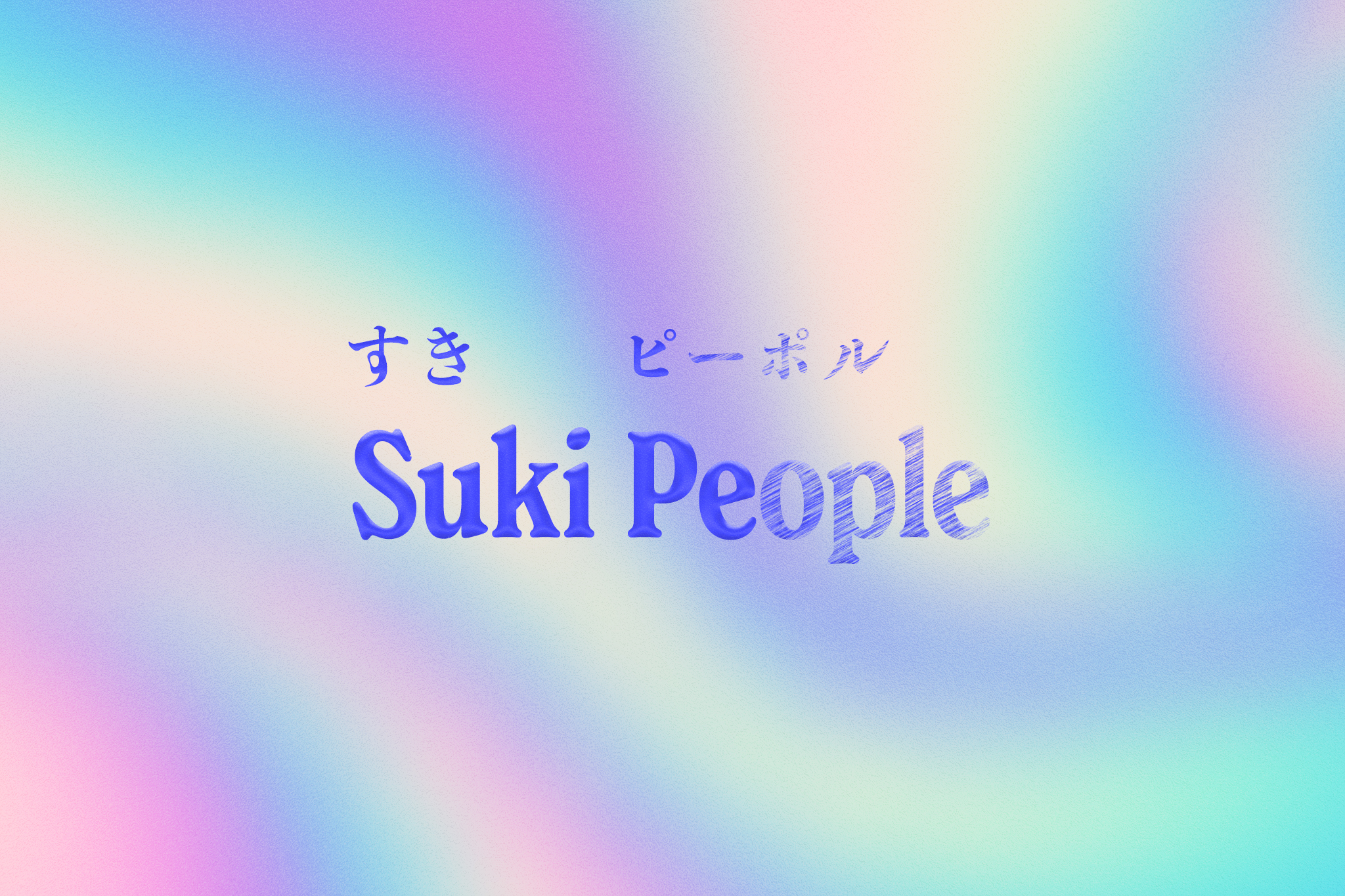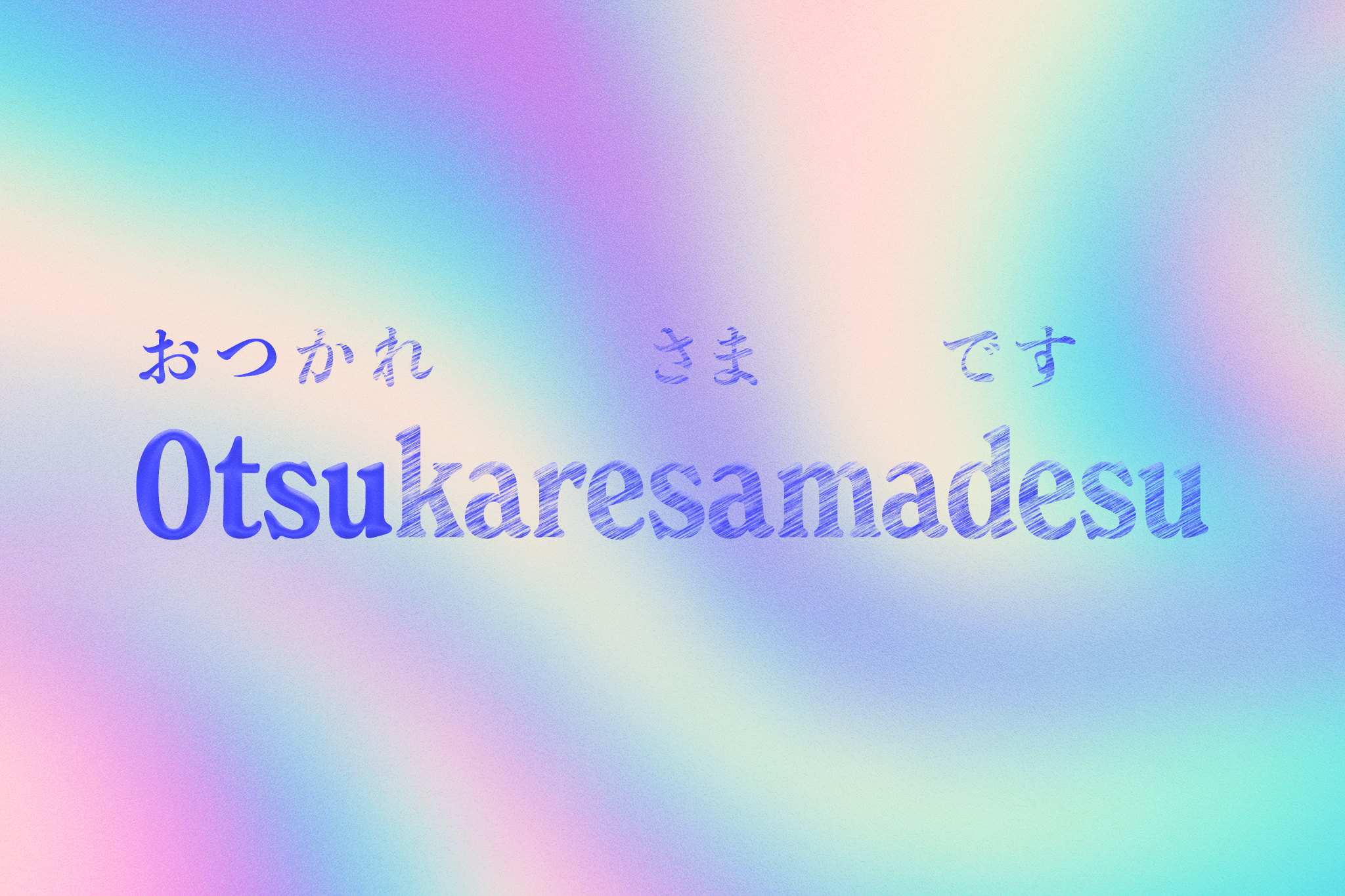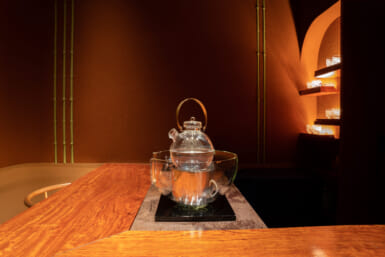It’s well known that Japanese has a multitude of onomatopoeia to describe sounds, sights and feelings. Abbreviations are also popular here. Mostly, these abbreviations are used because they are easier to say. They also sound pretty cool, if you ask us. Here are some of the most useful short Japanese slang words to know.

Types of Japanese Slang Abbreviations
The most common type of Japanese abbreviations are portmanteau words and shortened words or phrases.
Portmanteau
Many portmanteau are in such common use that some of them have infiltrated English too. Karaoke is an example: “kara” meaning “empty” and “oke” from the Japanese pronunciation of the English word “orchestra.”
Shortening
Shortening — known to linguists as “syllabic abbreviation” — in Japanese is surprisingly easy. You just take the first two (Japanese) syllables from each word in the phrase and combine them. Some see such common use that the original words have been more or less forgotten. Purikura, for instance.
Pokemon is another example, taken from the Japanese interpretation of two English words and then giving them their own spin. Fascinatingly, this has now bounced back to English, and English speakers use “Pokemon” as a loan word.
Japanese Places
These abbreviations are for places generally only found in Japan.
- Gei-sen (game center): arcade where you’ll find UFO catchers.
- Yoyo-Ko (Yoyogi Koen): what the cool kids call Yoyogi Park.
- Purikura (print club): Japanese-style fun passport pictures.
- Suku-Suku (Scramble Square): Shibuya Scramble Square.
- Fami-resu (family restaurant): Japanese chain eateries. Very famous and spacious — perfect for families.

Brands
Brands are especially prone to shortening. The more well-known a brand is, the more likely it is to be shortened.
- Toriki (Torikizoku): a Japanese yakitori chain.
- Saize (Saizeriya): A cheap Italian family restaurant chain.
- Fami-Ma (Family Mart): needs no explanation.
- Sebun (Seven-11): see above.
- Yuniba (USJ): Universal Studios in Osaka.
- Ama-pura (Amazon Prime): both the abbreviation and the service are used by many.
- Netofuri (Netflix): see “ama-pura.”
- Misu-do (Mister Donuts): technically, we’d lengthen the final syllable “o.”
- Sutaba (Starbucks): easy to explain.

Human Relationships
There are many instances of abbreviations for words associated with relationships. One reason for this may be because Japanese is a highly nuanced language, and relationships themselves also contain a lot of nuance. Here is a snapshot.
- Pawa-hara (power harassment): instances of harassment where a person in a position of power uses that position to bully or disadvantage employees.
- Pari-pi (party people): a person who loves to go out and party.
- Se-fure (sex friend): a friend with benefits.
- Sukin-shippu (skinship): skin and kinship (see “se-fure”).
- Maza-con (Oedipus Complex): generally refers to a man who is incredibly close to their mother.
- Papa-katsu, Mama-katsu (Papa-katsudou, Mama-katsudou): sugar daddy and sugar mom respectively.
- Suki-pi (person I like): someone you have a cute crush on.
Games and Characters
- Pokemon (Pocket Monster): well, now you know.
- Mari-pa (Mario Party): ain’t no party like a…
- Suma-bura (Smash Brothers): more gaming lingo.
Tech
- Suma-ho (smart-phone): this one is easy to work out.
- Me-ado (mail address): same as above.
- Paso-kon (personal computer): generally meaning laptop, a cute portmanteau.
- Sabusuku (subscription): subscription service.

Greetings
Japan loves its greetings, whether that’s tadaima when returning home (coincidentally, a shortening of tada-ima, kaette kimashita) or irasshaimase. Here are some shortened and abbreviated greetings you can use to show how cool you are.
- Meri-kuri (Merry Christmas): don’t say “merry christmas.” It’s “meri-kuri.”
- Hapi-ba (happy birthday): does what it says on the tin.
- Otsu (otsukaresama desu): the post-work greeting which can also be used for tough situations, like getting out of a breakup, dealing with a money issue, and so on. It’s probably best not to use the abbreviated version for actual work colleagues.
- Azasu (arigatou gozaimasu): This is similar to “cheers mate.”
Food
Food has surprisingly few abbreviations.
- Pote-chi (potato chips): you can order “pote-chi” in a restaurant and no one will bat an eyelid.
- Sando (sandwich): generally reserved for Japanese cream and fruit sandwiches.
- Pote-sara (potato salad): Japanese style potato salad.
- Fami-Chicki (Family Mart chicken): a name that the brand itself has adopted.









